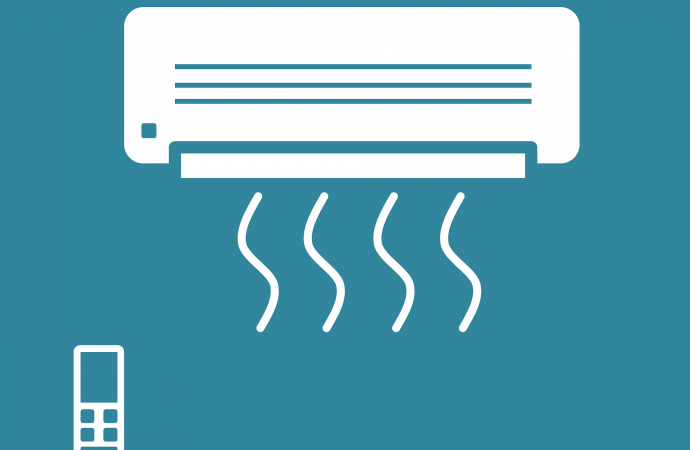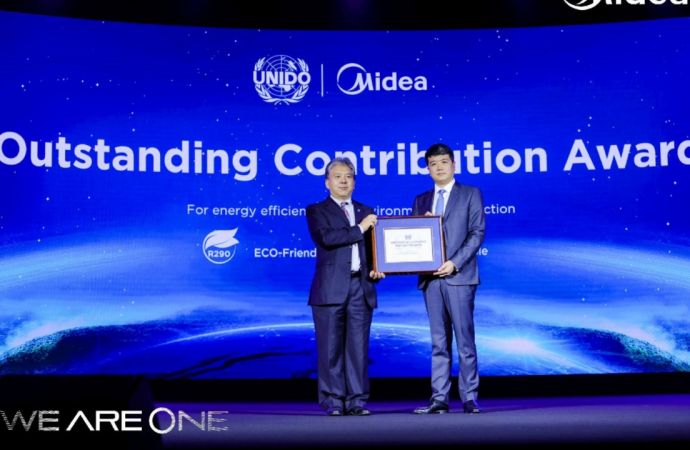A report released in December by the Kigali Cooling Efficiency Program argued that improving Minimum Energy Performance Standards (MEPS) for room ACs in China could deliver multiple benefits for the country.

"Ambitious Minimum Energy Performance Standards (MEPS) are critical to the deployment of efficient cooling technology and can deliver significant benefits for China," argues a report released this month by the Kigali Cooling Efficiency Program (K-CEP).
"Increasing MEPS by 30% over the current fixed-speed room AC (RAC) minimum, in parallel with low-GWP refrigerants in room ACs, could deliver cumulative savings of up to 98 billion tonnes of CO2 by 2050," the report stated, citing a 2015 study by the Lawrence Berkeley National Laboratory located in Berkely, CA.
K-CEP is a philanthropic program launched in 2017 that aims to provide support for the Kigali Amendment of the Montreal Protocol through a number of initiatives.
Ambitious Minimum Energy Performance Standards [...] can deliver significant benefits for China."
– Kigali Cooling Efficiency Program
The report argues that, in addition to the environmental benefits, improving MEPS for RAC systems in China could also deliver increased competitive advantages for Chinese manufacturers, cost savings for businesses and consumers, and peak load reductions for the country's energy grid.
"Implementing energy efficiency and low-GWP refrigerant policies in parallel for RAC would offer peak load reductions of up to 310 GW by 2030 in China and save greenhouse gas emissions equivalent to more than eight Three Gorges Dams," the report states.
Chinese RAC manufacturers moving to R290
Though the report did not specifically identify the potential benefits of hydrocarbon-based RAC technology, the Chinese market is increasing adopting this technology.
Earlier this month, eight major Chinese room air conditioner (RAC) makers – including Gree, Midea, and Haier – committed to selling no less than 220,000 propane (R290) split-type RAC units in the domestic Chinese market by mid-2019.
In addition, K-CEP China, in January, launched a program in collaboration with China-based Energy Foundation China (EFC) to develop energy-efficiency standards for residential and commercial AC in China from 2018 to 2020.
K-CEP China is part of the wider K-CEP initiative that includes 18 foundations that have committed USD 52 million to help developing countries transition to energy-efficient cooling.
See the full report here.
Related stories



